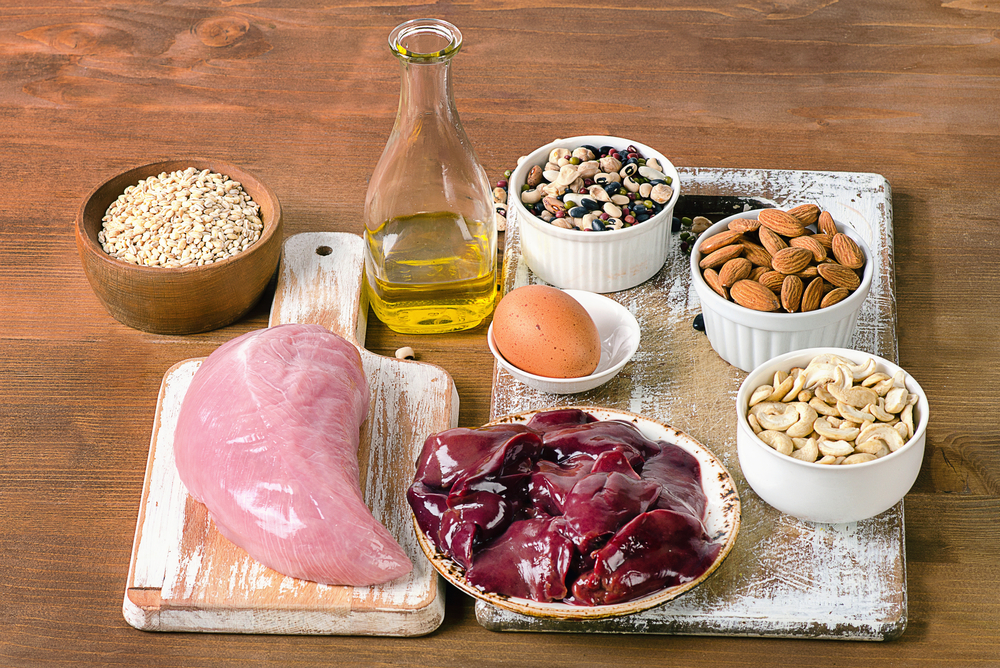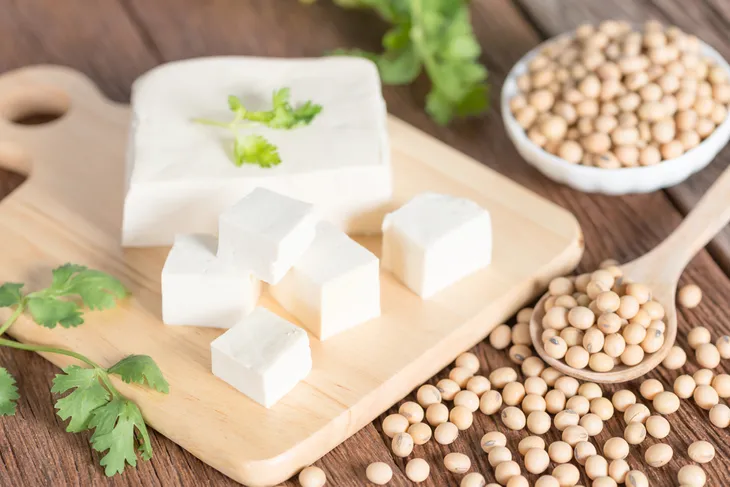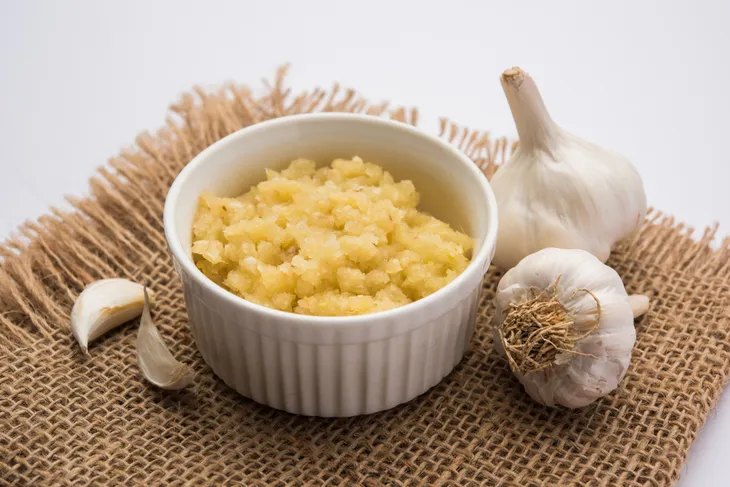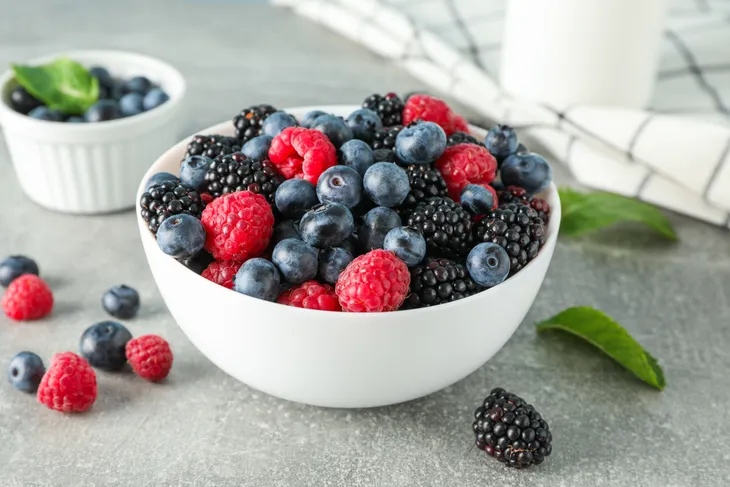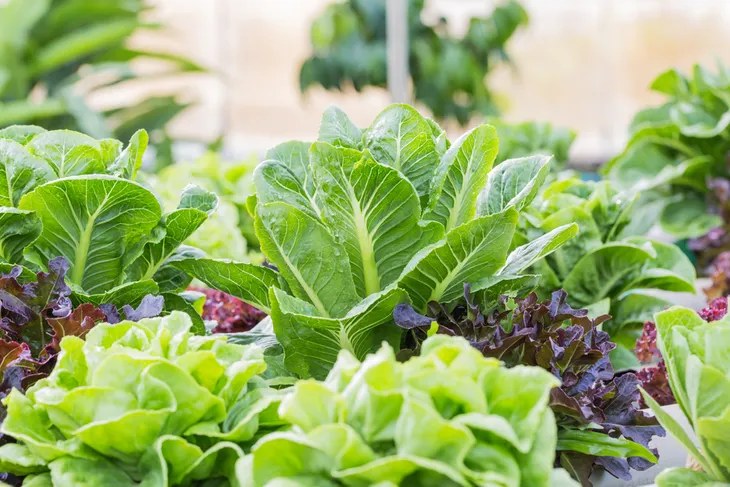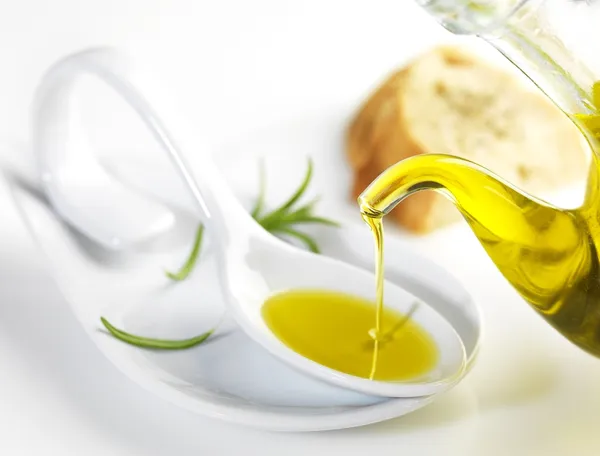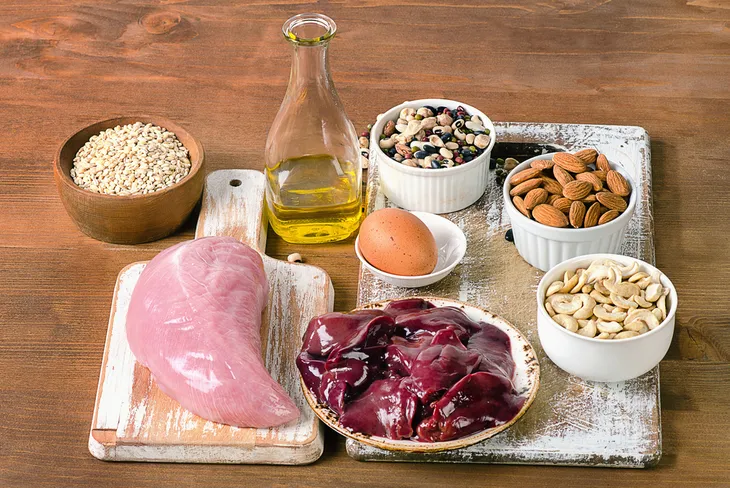It may not get as much press as many other types of cancer, but colon cancer can be very deadly, particularly if you follow a diet that raises your risk of developing it. Unlike many other types of cancer, diet is a crucial part of colon cancer because the part of the body affected is a critical part of the digestive process.
Some foods, such as processed meats, have been shown to significantly increase one’s chances of having colon cancer emerge. That begs the question: what foods will actually lower my risk of developing colon cancer? The good news is that there are a wide variety of healthy and delicious foods that can help you keep colon cancer at bay. Let’s take a quick look at some of those foods now.
Tofu and Other Meat Substitutes
Regularly eating meat, and especially processed or red meat, has been shown to significantly increase one’s chances of developing colon cancer. In fact, eating red meat on a daily basis could be one of the single greatest factors in determining if you will develop this potentially deadly disease.
That’s why anyone concerned about their risk of colon cancer — such as someone who has a family history of cancer or specifically colon cancer — should consider reducing their meat consumption. To help with this, consider meat substitutes like tofu, which are made using plant-based materials and are often designed to replicate the taste and texture of meat. Even better, they’re often significantly less expensive than the cost of meat.
Garlic
Garlic may not be the best food to eat while you’re on a hot date, but it can significantly reduce your chance of developing colon cancer. That’s because eating garlic can unleash antibacterial properties that help prevent cancer cells from forming or multiplying.
It’s easy to add garlic to your diet, partly because it’s affordable and partly because there are so many dishes that benefit from its addition. For example, consider adding fresh garlic to your next homemade soup, chili or spaghetti sauce. If garlic isn’t quite your style, then scallions, leeks, onions, and chives can have the same effect. In the end, your colon will thank you for it.
Berries
A key part of preventing the onset of colon cancer is to remove foods that pose a risk — such as red meat and especially highly processed meats — and replacing them with foods that help fight cancer. So, what foods count as cancer fighters?
Berries make the grade because they’re loaded down with antioxidants, which can help prevent the formation of cancer cells. Most types of berries have some antioxidants in them, but those most loaded with these cancer-fighting agents start with blueberries, blackberries, and cherries. Although healthy and delicious, raspberries and strawberries do contain slightly fewer antioxidants.
Leafy Greens
Wondering what to add to your diet if you start the process of cutting out red meat, which has been shown to raise the risk of colon cancer? Start with leafy greens like kale, spinach, swiss chard, arugula, and romaine. All of these leafy-green vegetables are loaded down with antioxidants that can help fight the properties behind cancers like colon cancer.
Adding these leafy greens to your diet is easier than you may think. All of them make great additions to a salad that could also include tomatoes, cucumbers, nuts, and avocado. That said, you can also add these leafy greens to a smoothie. If you’re not a big fan of their taste or texture, try putting them in dishes where you’re less likely to notice their taste, such as chili or pasta sauce.
Olive Oil
Although we tend to use it when preparing just about any warm (or even cold) dish, we don’t always put a lot of thought into the cooking oil we use. And there are so many to choose from: vegetable oil, palm oil, coconut oil, avocado oil, olive oil, canola oil — the list goes on and on.
But what’s best for someone looking to reduce their chance of developing colon cancer? The answer, it would seem, is olive oil. That’s because olive oil can help reduce bile acid and assist in building up enzymes that keep the lining of our digestive system, including the colon, healthy. To get the benefits of olive oil while limiting your intake of fat, try extra virgin olive oil.
Selenium-Based Foods
Foods high in selenium like mushrooms, onions, fish (including salmon, sardines, halibut, tuna), nuts and whole grains can help prevent the development of colon cancer by inhibiting the growth of cancer cells. Since there are so many healthy foods with selenium in them, it’s relatively easy to add them to your diet.
Of course, should you not be a fan of some of these foods, you can increase your selenium intake by acquiring selenium supplements. Also, consider that many of these foods can be added to dishes, like soups and sauces, that limit how much you can detect their taste or texture. Just be sure to increase your selenium intake somehow!
Salmon
Salmon has seen a surge in popularity in recent years because it contains lots of omega-3 fatty acids, which have been shown to fight inflammation and improve brain and heart health. By reducing inflammation, foods and oils high in omega-3s can help reduce the chances that cancer cells will emerge and flourish in the body.
Of course, salmon isn’t the only food with these omega-3 fatty acids — they can also be found in sardines, mackerel, and cod. If you’re not much of a fan of fish, you can also find omega-3 fatty acids in flax seeds, which can be found in several types of bread. Of course, you can also acquire omega-3 fatty acids in supplement form.
